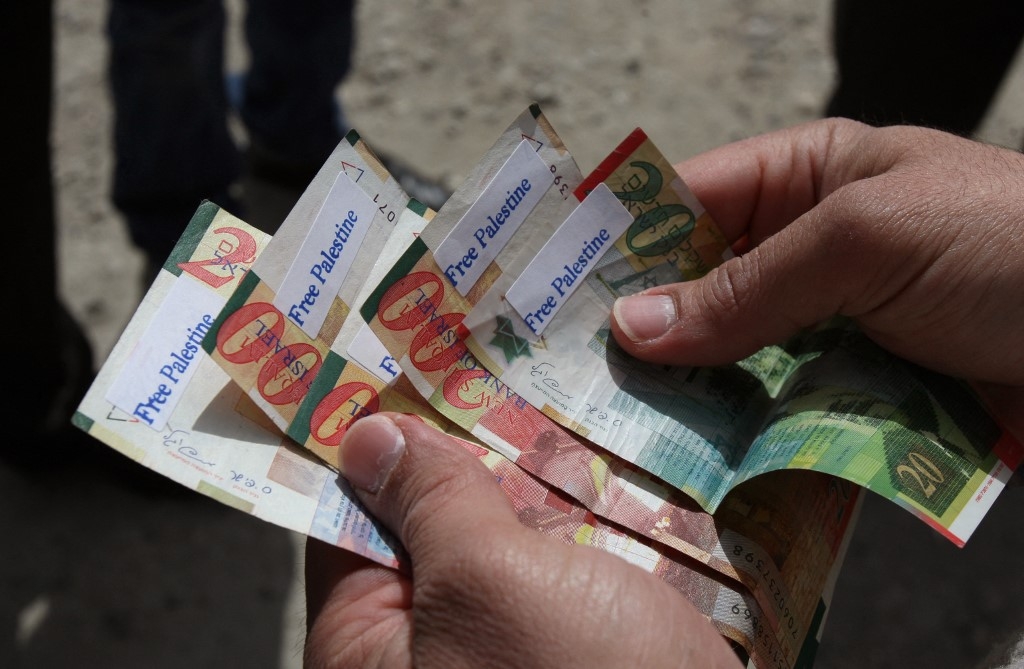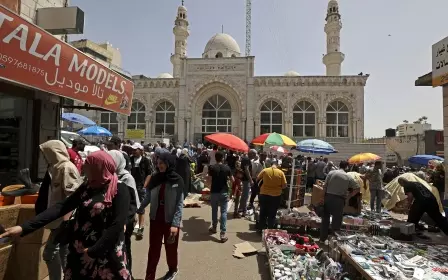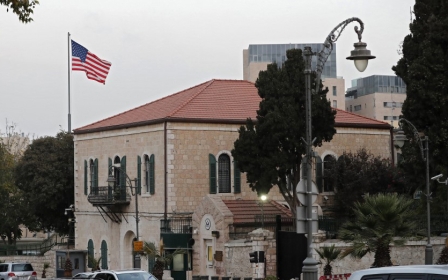Palestinian Authority failing at fiscal transparency, US State Department says

The Palestinian Authority is failing to meet the minimum requirements of fiscal transparency, according to the annual Fiscal Transparency Report by the US Department of State.
Fiscal transparency informs citizens how government and tax revenues are spent.
The State Department concluded that, of the 141 countries, and the Palestinian Authority, that were evaluated, the governments of 69 did not meet the minimum requirements of fiscal transparency.
The Palestinian Authority was one of them.
The Middle East and North Africa (MENA) countries also included on the list of those who did not meet the requirements are Bahrain, Egypt, Lebanon, Libya, and Yemen.
Oman and Iraq did meet the requirements set forth by the State Department.
According to the report, the PA did not make its enacted budget public during the reasonable allotted period and the data was incomplete. Additionally, the budget was not approved by the legislature.
The information “in the reports was considered reliable and reasonably accurate, but information on debt obligations was incomplete.
"The supreme audit institution lacked independence, and its audit reports were not publicly available within a reasonable period and did not cover the entire annual executed budget.”
The State Department called on the PA to publish its executive budget proposal, complete enacted budget, and end-of-year report in a timely manner; provide complete and timely information on debt obligations; ensure the independence of the supreme audit institution, and publish the supreme audit institution reports of the entire annual executed budget within a reasonable period.
Post-lockdown recovery
In May, the World Bank urged the international community to boost support for the PA, which it said is facing a destabilising budget crisis linked partly to "record low" foreign aid contributions.
In a report published that month, the World Bank painted a contrasting view of the Palestinian economy, which is seeing a post-lockdown recovery even as food insecurity worsens in places.
It said the economy of the besieged Gaza Strip witnessed 3.4 percent growth in 2021 despite Israel's brutal 11-day offensive last May.
Meanwhile, the economy of the occupied West Bank witnessed a 7.8 percent growth in 2021, which was partly fuelled by an increased number of Israeli work permits enabling Palestinians to find jobs in Israel.
While economic growth in the West Bank has allowed the Palestinian Authority (PA) to increase its tax revenue, the financial outlook remains "precarious", the World Bank said.
"The fiscal situation remains highly challenging," the organisation said, adding that the PA was now paying only "partial salaries since November".
Middle East Eye delivers independent and unrivalled coverage and analysis of the Middle East, North Africa and beyond. To learn more about republishing this content and the associated fees, please fill out this form. More about MEE can be found here.





